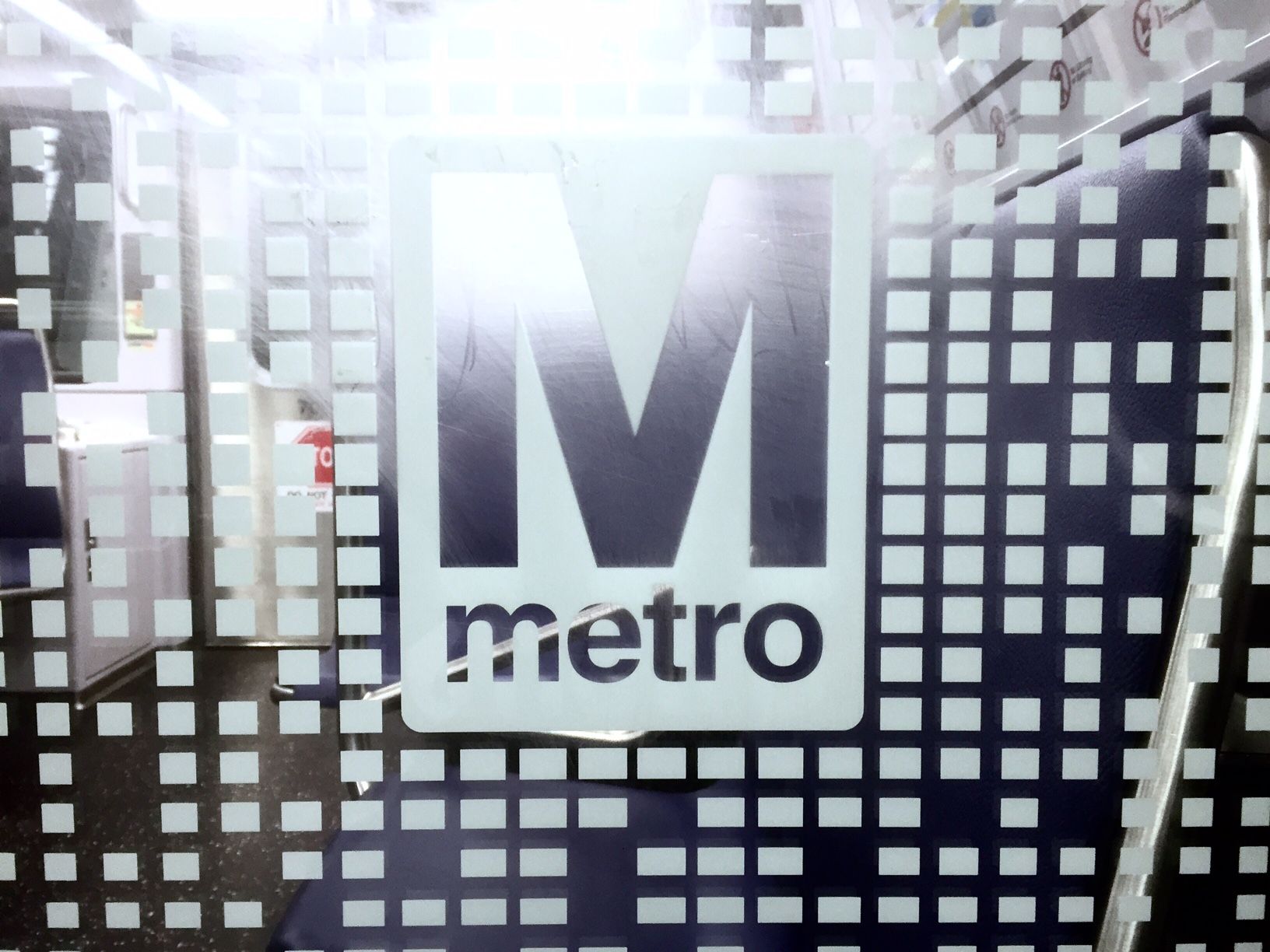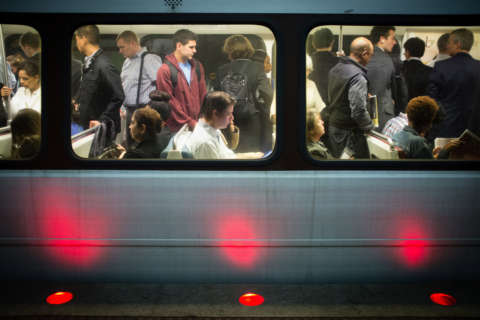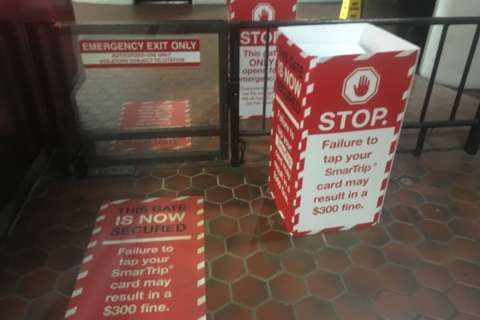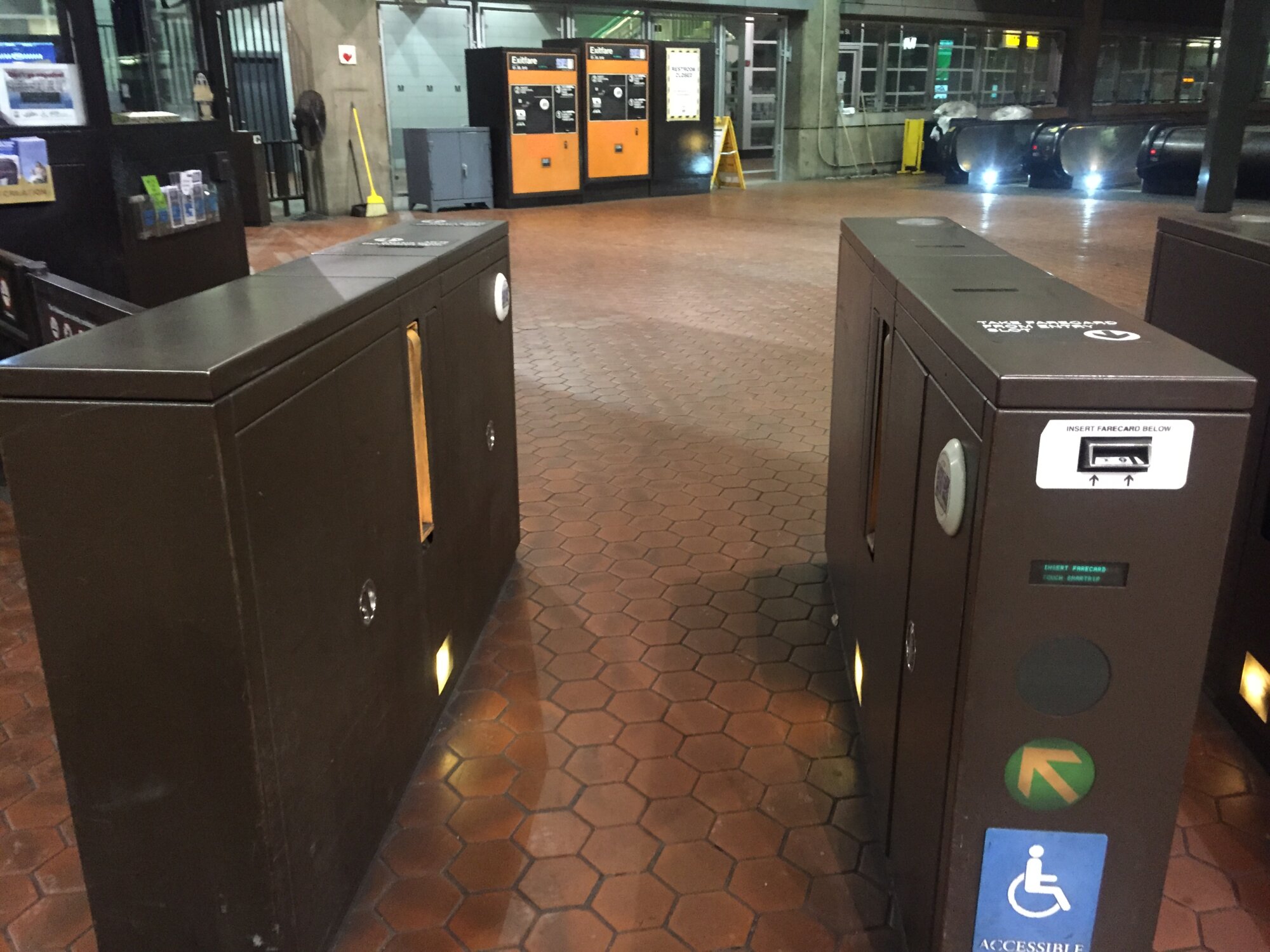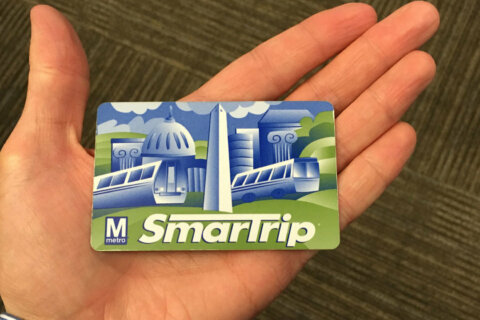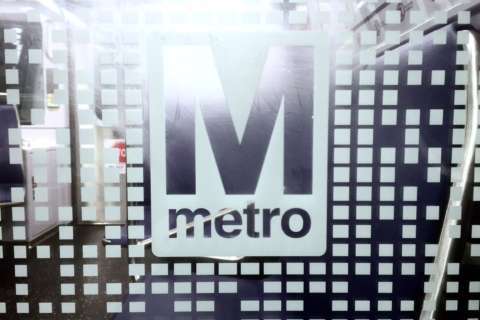
WASHINGTON — The Metro Board on Thursday morning will take steps to expand the UPass program, which means college students across the region could get discounted rides if their school requires all students to pay for the semester-long passes.
“Metro’s goal is to enroll every college and university in this region,” Metro Chief Financial Officer Dennis Anosike said earlier this month.
Formally making the UPass, or University Pass program, permanent on Thursday is expected to help Metro staff negotiate agreements to expand the passes, which have been used the last two school years primarily at American University.
Metro must reach agreements with each school, and with local bus systems beyond the trains and buses operated by Metro, to make the pass truly regional. Like other regional transit passes, the money would be shared with the local bus systems where the passes are used.
That expansion could be key to bringing some of the region’s largest colleges on board, such as Northern Virginia Community College, the University of Maryland, George Mason University, Montgomery College, Howard University and the University of the District of Columbia.
NOVA, Maryland, George Mason, Catholic and Gallaudet have each expressed interest in the program, Anosike said in a presentation to a board committee April 12.
The current rate is $1 per day for the school year for each student, similar to the D.C. Kids Ride Free program, paid for by the District, that covers elementary and secondary school students in the city.
Some schools are concerned about adding another mandatory fee, though; others are concerned about the value students might get.
“They have concerns adding a forced fee onto their annual fees because it makes them look bad relative to other colleges if someone is at home doing a price comparison,” Virginia Metro Board member Jim Corcoran said.
General Manager Paul Wiedefeld said different schools have expressed different concerns.
At Montgomery College, for example, students already can ride Ride On buses for free.
Metro believes the program has provided consistent revenue and ridership to the system over a two-year pilot program.
About 60 percent of UPass trips were recorded during nonpeak periods, when Metrobus and Metrorail have extra capacity available, Anosike said. About 64 percent of all UPass trips have been taken on trains.
“UPass benefits students, universities and Metro itself,” Anosike said. He has asked Metro Board members to push for universities to join the program.
In addition to American University, several other schools, each with a very small presence in Washington, have also participated in the first two years of the program.

